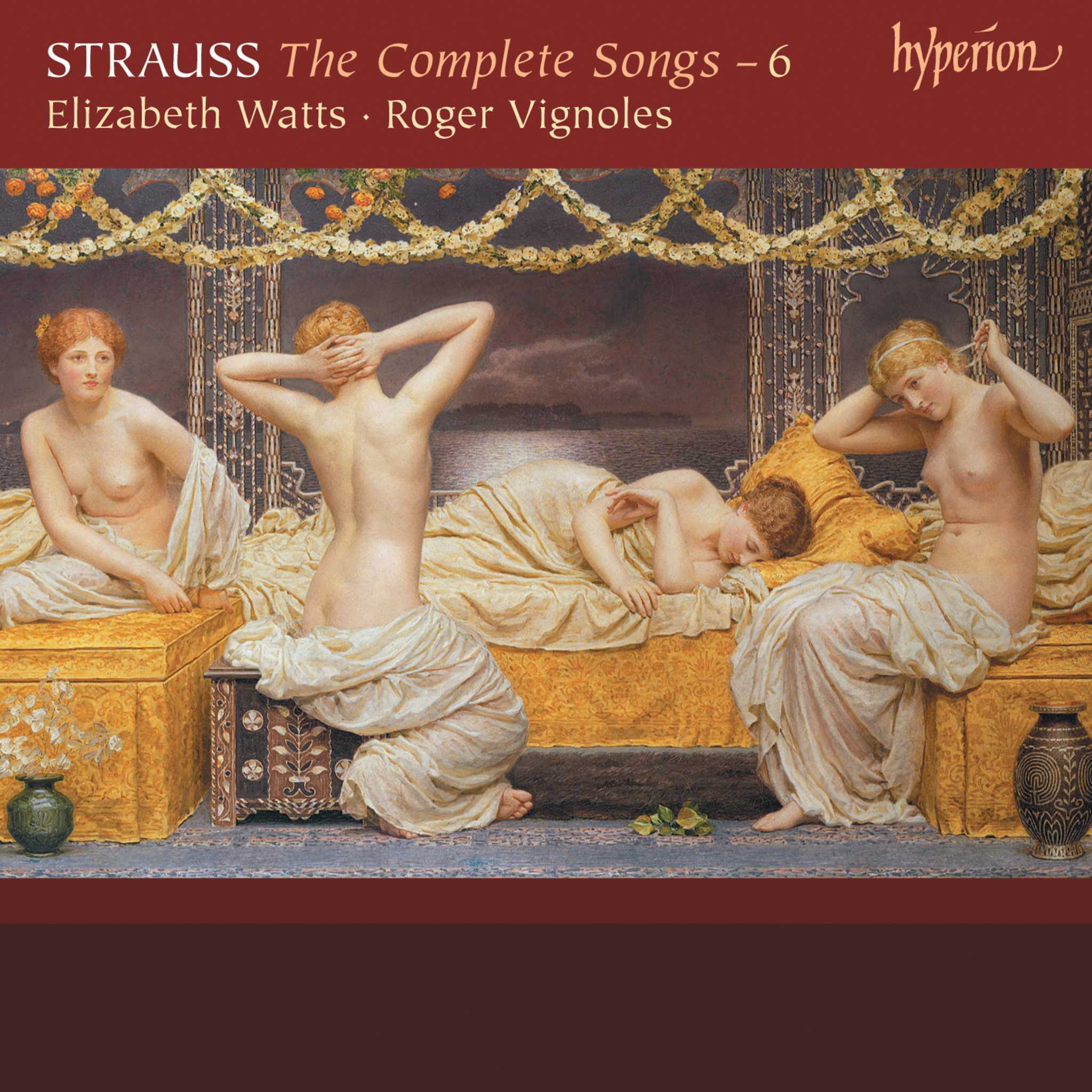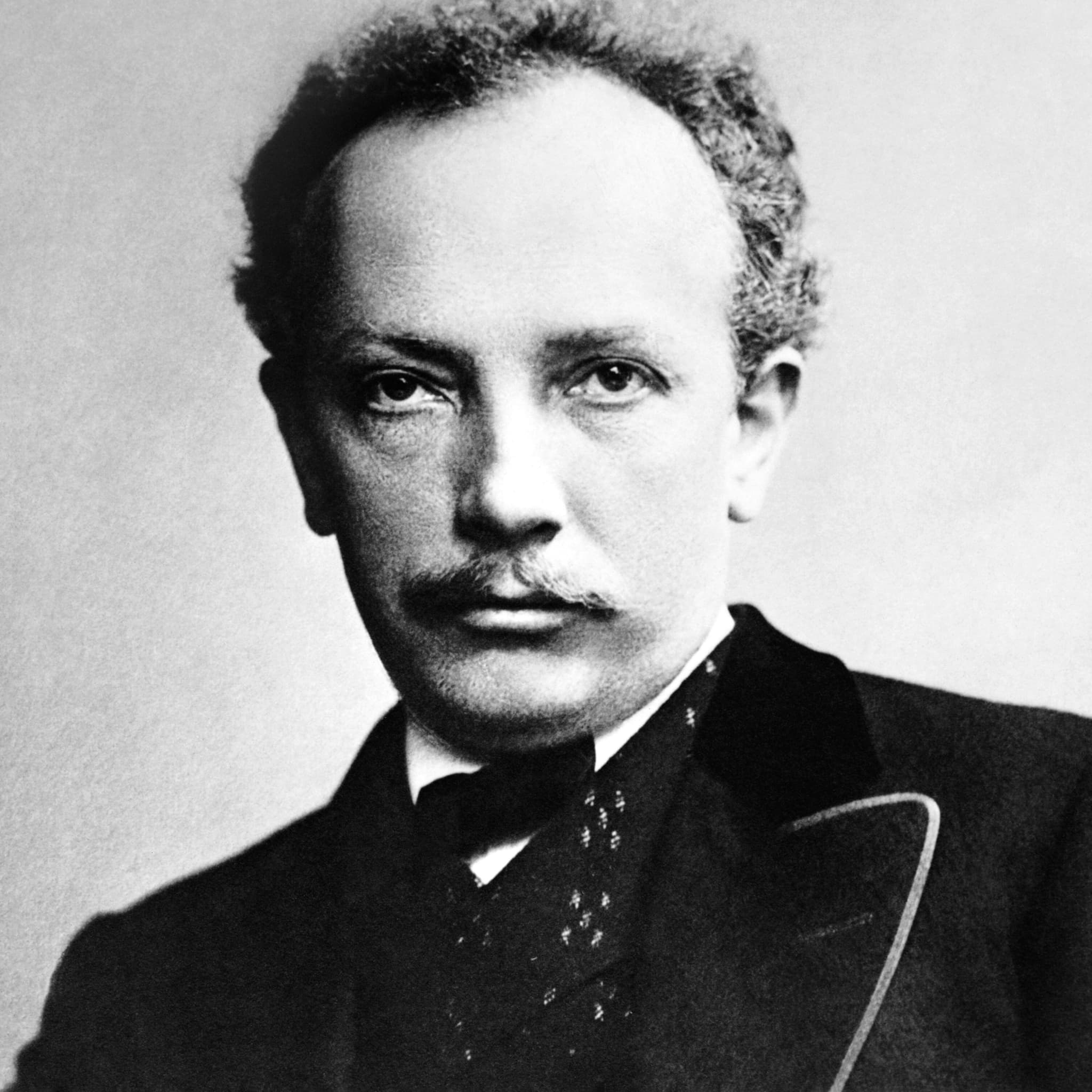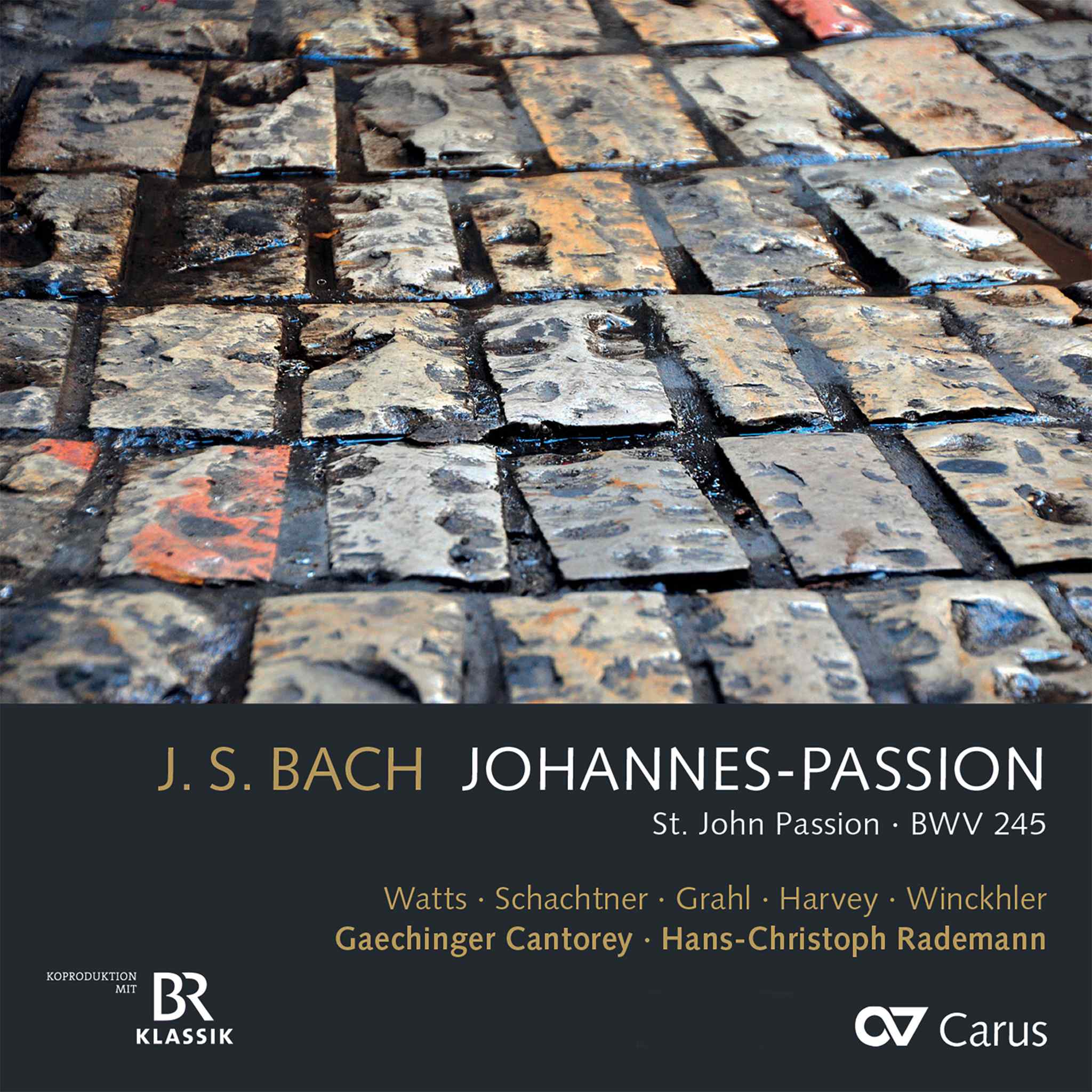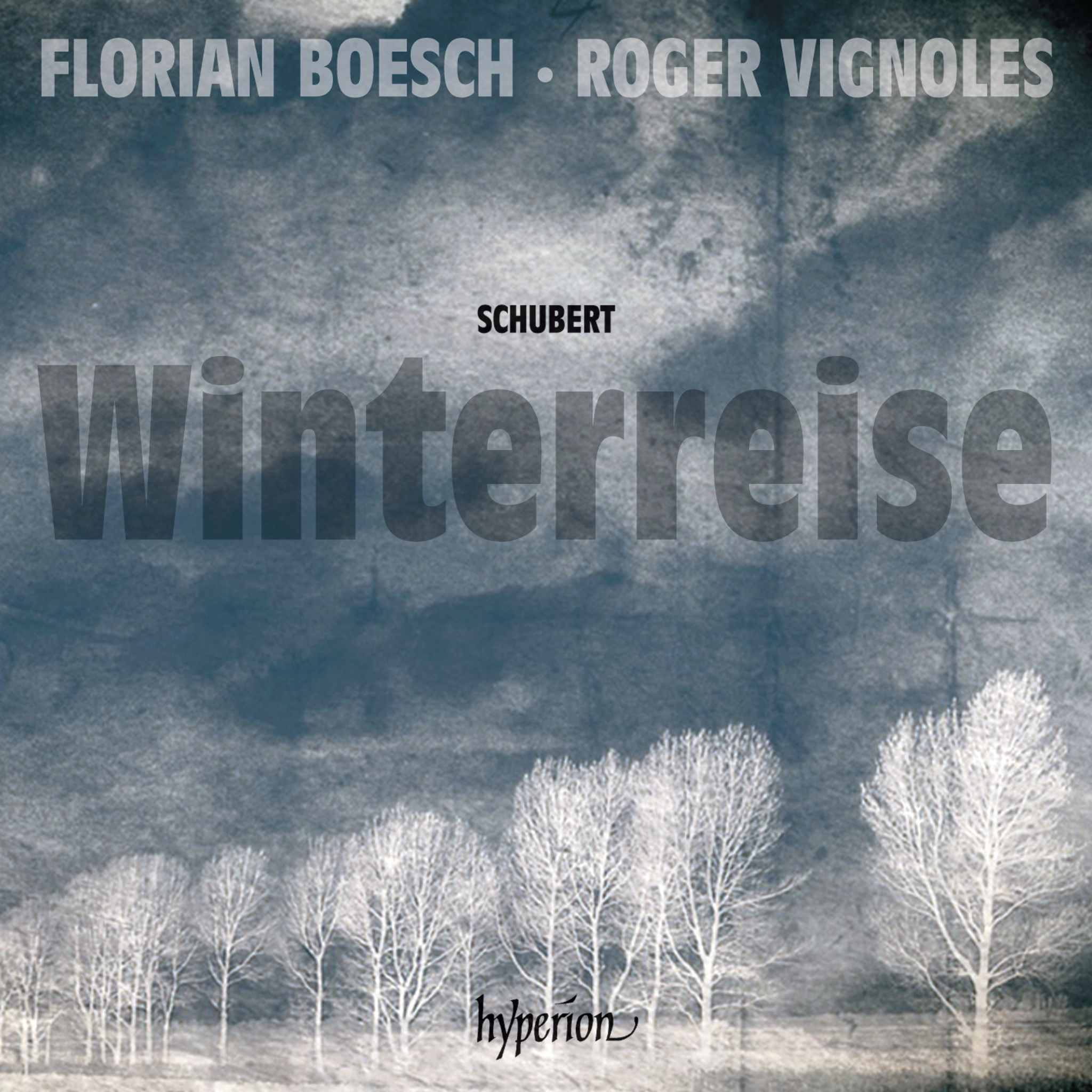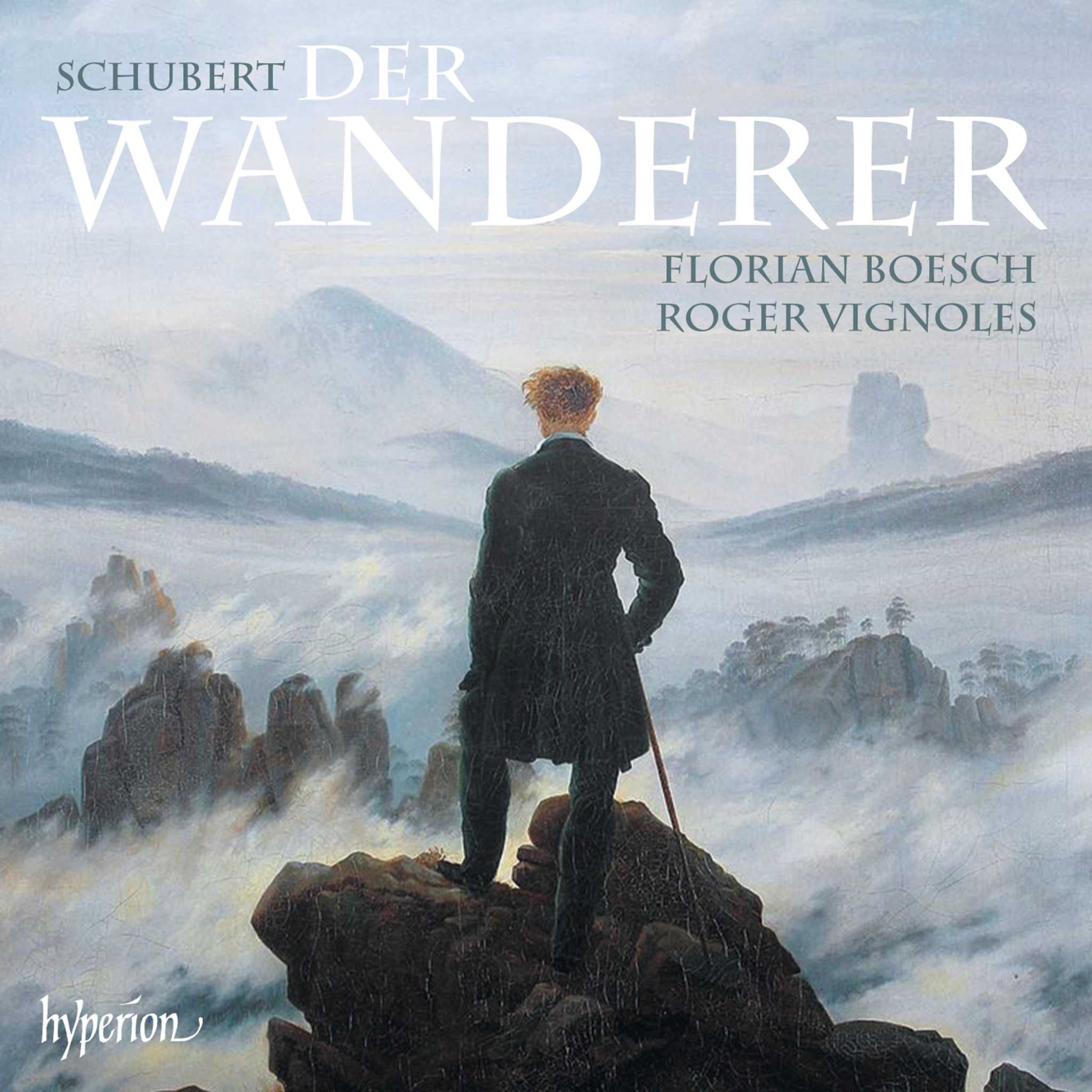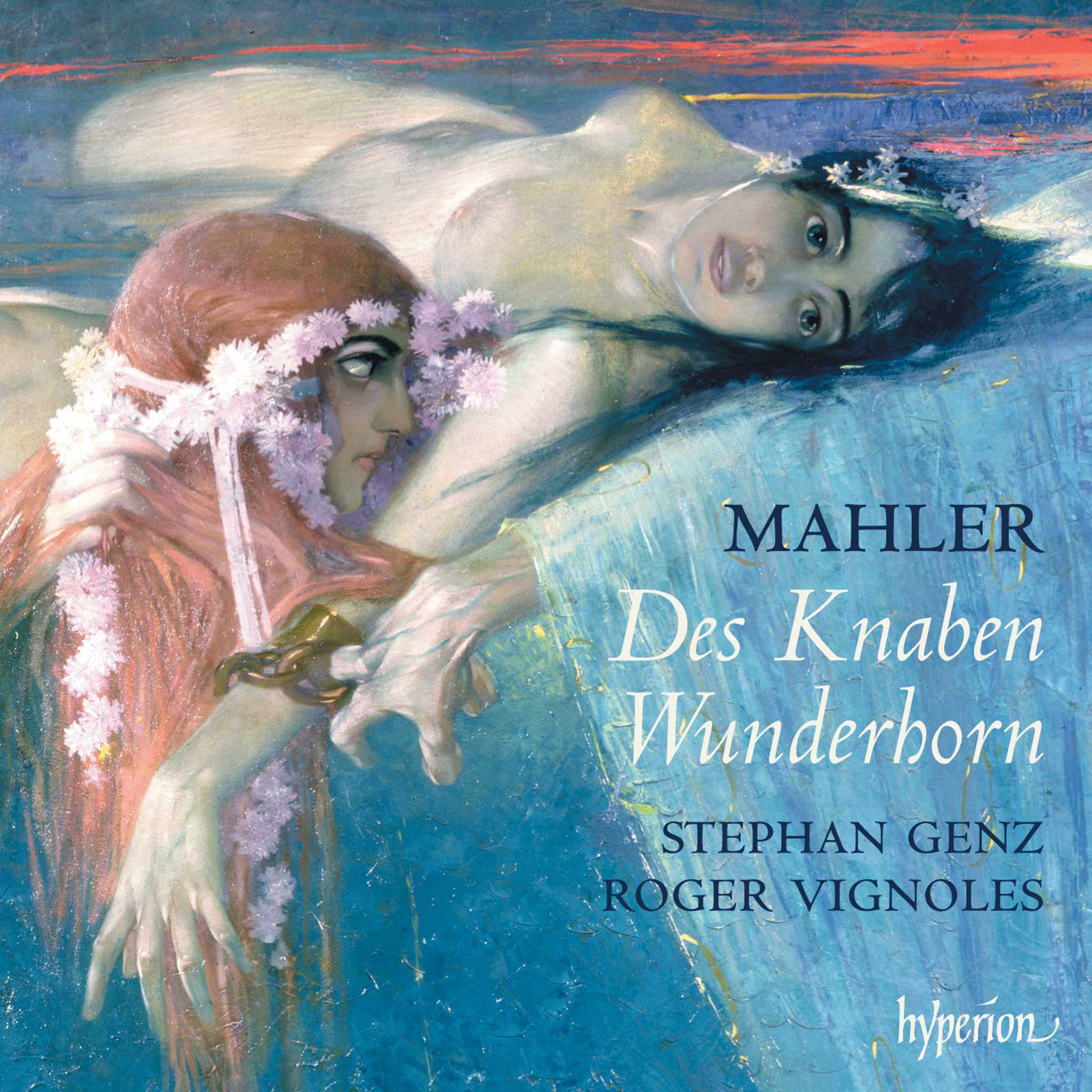This CD includes, in addition to Krämerspiegel, Opus 66, four songs from Opus 69. It also contains works published posthumously, including three early compositions that appeared in 1958 as 'Three Love Songs'. Among these is the remarkable setting of Gilm's poem 'Wer hat’s getan?', which was not included in the well-known Opus 10 collection. The CD concludes with 'Malven', Strauss's last completed composition, sometimes considered the 'fifth last song'.
Roger Vignoles © 2012

